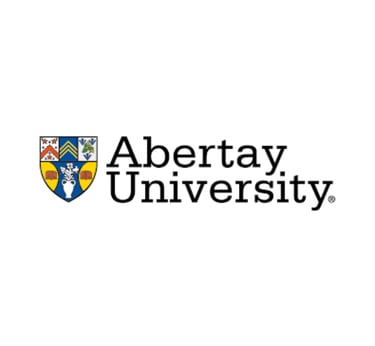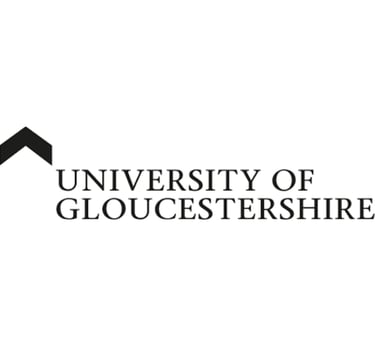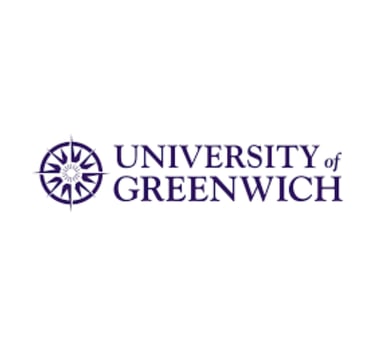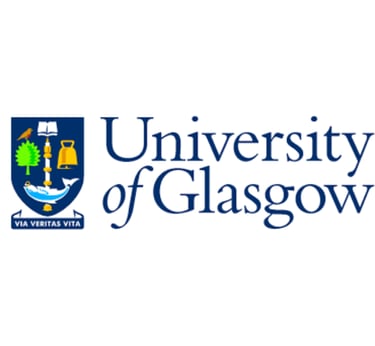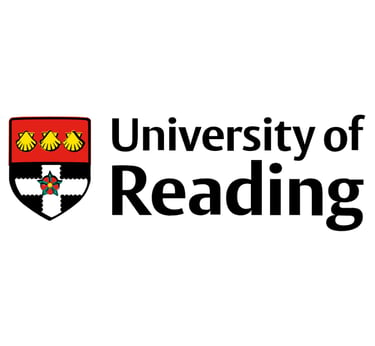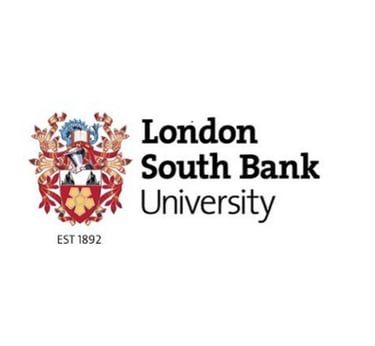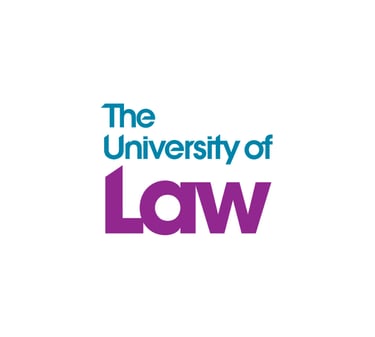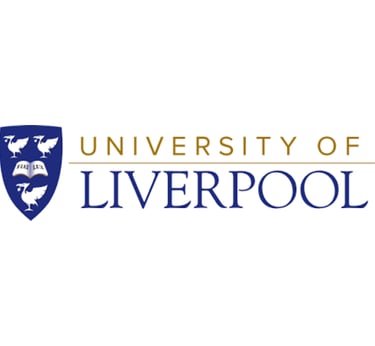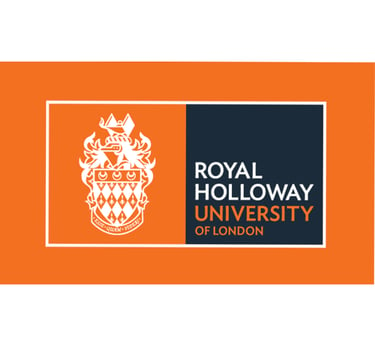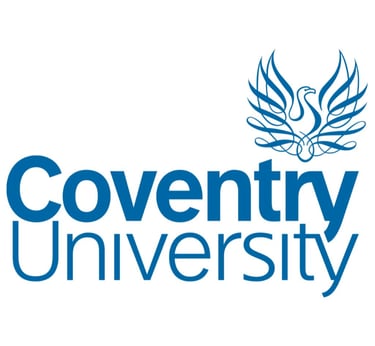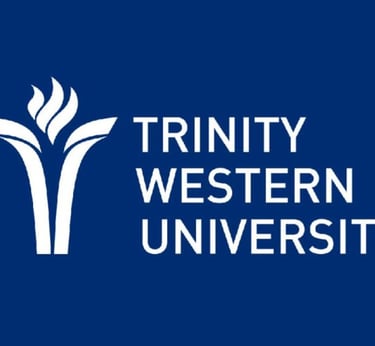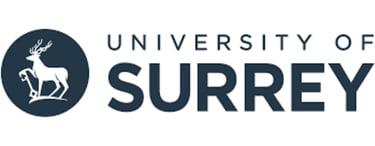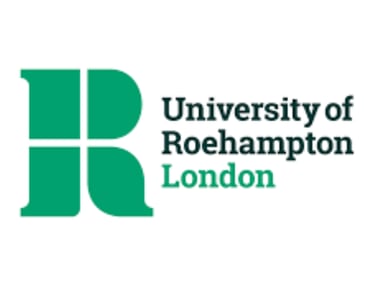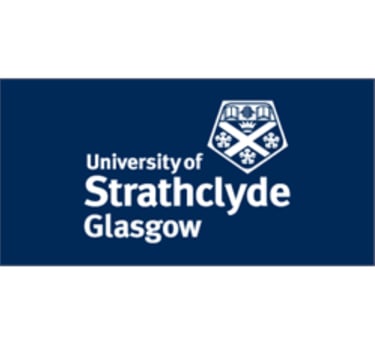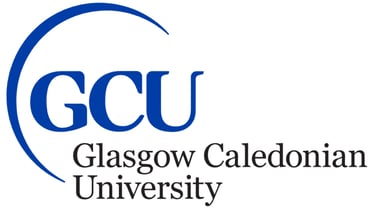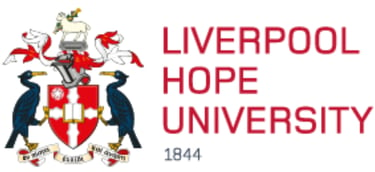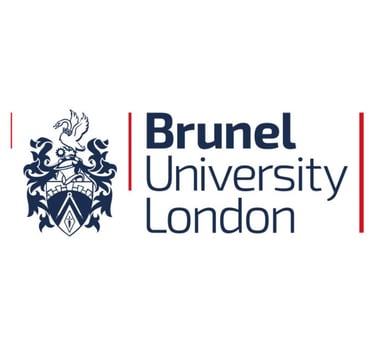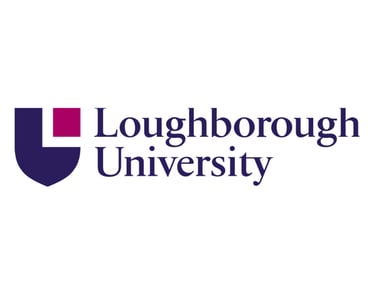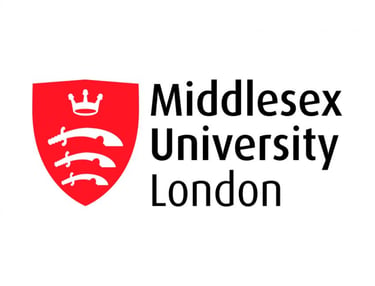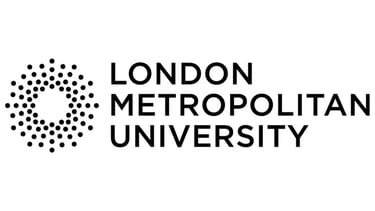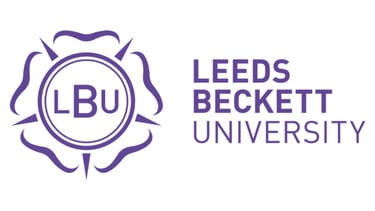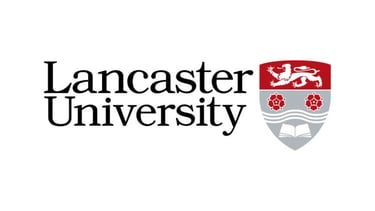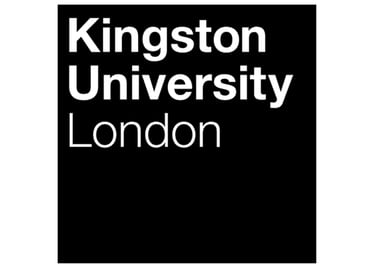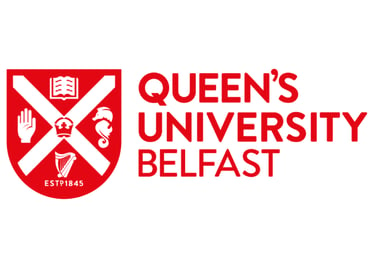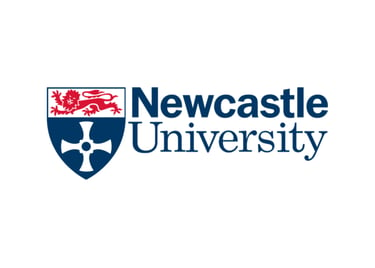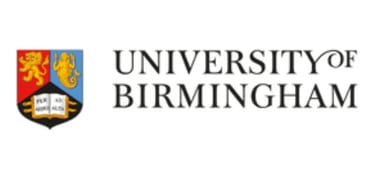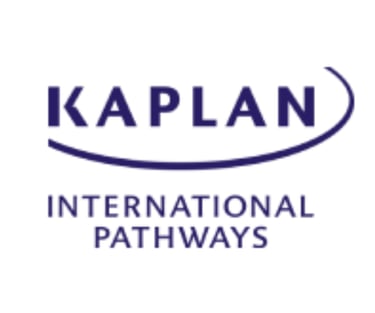
MAY 2025
Intake

1. Why Study in the UK?
World-renowned universities with high academic standards (e.g., Oxford, Cambridge, Imperial College London).
Shorter course durations: Most undergraduate degrees are 3 years, and master's degrees are 1 year.
Diverse cultural experience with students from around the globe.
Opportunities for work experience through post-study work visas.
2. Popular Study Programs
Business and Management: MBA, International Business.
Engineering: Civil, Mechanical, Electrical, Aerospace.
Medicine and Healthcare: MBBS, Nursing, Public Health.
Arts and Humanities: Literature, History, Media Studies.
Science and Technology: Data Science, Artificial Intelligence, Biotechnology.
3. Top Universities in the UK
University of Oxford
University of Cambridge
Imperial College London
London School of Economics (LSE)
University College London (UCL)
University of Manchester
University of Edinburgh
4. Cost of Education
Tuition Fees:
Undergraduate: £10,000–£38,000 per year (varies by course).
Postgraduate: £12,000–£45,000 per year (specialized courses like MBA are higher).
Living Costs:
Average: £12,000–£15,000 per year.
Breakdown:
Accommodation: £500–£1,200/month.
Food: £150–£250/month.
Transport: £50–£100/month.
5. Scholarships and Financial Aid
Chevening Scholarships (for leadership potential).
Commonwealth Scholarships (for developing Commonwealth countries).
University-Specific Scholarships: Example: Rhodes Scholarship at Oxford.
GREAT Scholarships for students from specific countries.
6. Visa Requirements
Student Visa (Tier 4):
Proof of acceptance from a UK university (CAS letter).
English language proficiency (IELTS/TOEFL).
Proof of financial support.
Tuberculosis test (if applicable).
Payment of the Immigration Health Surcharge (IHS).
7. Post-Study Opportunities
Graduate Route Visa: Stay and work in the UK for up to 2 years (3 years for PhD graduates) after completing studies.
Work Options During Studies:
Up to 20 hours/week during term time.
Full-time during holidays.
8. Accommodation Options
University-Provided Accommodation: Dormitories or halls of residence.
Private Rentals: Apartments, shared houses.
Homestays: Living with a host family.
9. Healthcare
The UK has the National Health Service (NHS).
Students pay an Immigration Health Surcharge (IHS), which grants access to NHS services.
Approximate Cost: £470/year.
10. Cultural Adjustments
Language: British English.
Weather: Temperate with rainy days (prepare for cold winters).
Lifestyle: Punctuality and politeness are valued.
Diversity: Multicultural society with festivals, food, and traditions from around the world.
11. Key Documents for Application
Academic transcripts and certificates.
Proof of English language proficiency.
Statement of Purpose (SOP).
Letters of Recommendation (LORs).
Curriculum Vitae (CV)/Resume.
12. Intake Sessions
Main Intakes:
September/October (majority of programs).
January/February (limited courses).
May (selective universities).
13. Popular Student Cities
London (diverse and vibrant).
Manchester (affordable and student-friendly).
Birmingham (multicultural and well-connected).
Edinburgh (rich in history and culture).
Glasgow (lively and affordable).
14. Additional Tips for Students
Open a Bank Account: Necessary for managing finances.
Public Transport: Use student discounts on railcards and bus passes.
Part-Time Jobs: Opportunities in retail, hospitality, or campus roles.
Essential Guide To Empower Your UK Study Journey
Key information for international students: living costs, health services, part-time jobs, and top universities.
MEQAT STUDY CONSULTANTS
© 2024. All rights reserved.
STUDY DESTINATIONS
USEFUL LINKS
CAS Preparation
Accommodation Abroad
Work Permit After Studies
Visa Process Guide
Pre-Departure Information
Head Office!
M 1-4, Mezzanine Floor, Jeddah Centre, Raja Gahazanffar Ali Rd, Saddar, Karachi, Pakistan
ceo@meqatstudyconsultants.com
Our Offices: KARACHI | LAHORE | ISLAMABAD | Bahawalpur

